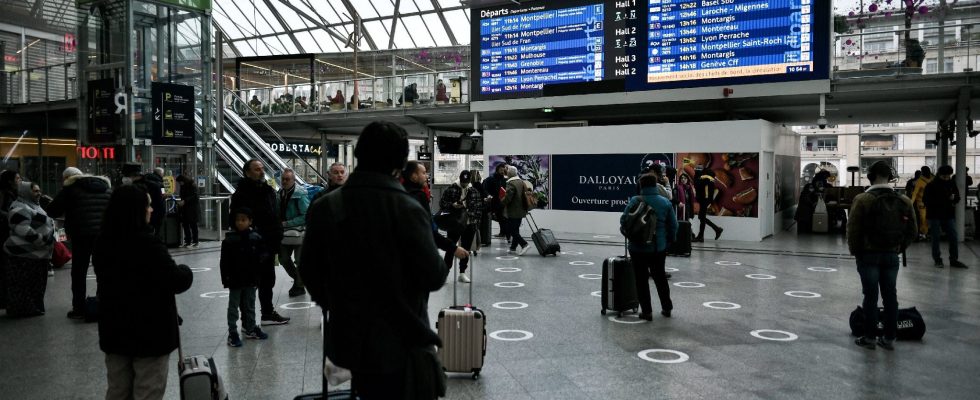The strike notice filed for controllers by the CGT and Sud Rail is an abuse of union power of which the French are the victims. Already, simple common sense dictates that it is not correct to deprive those who work hard and who have saved to go away for a few days of vacation. Especially since SNCF is a company 100% owned by the State, that is to say… by the French themselves. It is a public company because it carries out a public service mission, for which there is an obligation of continuity of activity. Unions should therefore respect popular aspirations and not “privatize” the company to satisfy their own interests.
But there is more. The SNCF, and therefore its employees, benefits from an exorbitant financial privilege that is too rarely mentioned. In fact, the French pay twice for the public company and the treatment of its employees. A first time by paying the price of a ticket which, on TER, is in the European average fare but which, on TGV, can become ruinous if you do not have access to the Ouigo offer . And a second time, not as customers, but as taxpayers. And here too, the cost is considerable! This is what the economist specializing in public finances François Ecalle has shown with great rigor who, on his website fipeco.fr, published an enlightening note to quantify the public money received by the group for the 2022 financial year. The regions finance the operating expenses of the TER and Transilien. The State finances part of the operating costs of the local network as well as the operating costs of Intercity trains and freight transport. We are already talking about 10 billion euros paid by the taxpayer for the operation of the SNCF. To this should be added the railway investments paid by the State and the regions, the interest on the SNCF debt taken over by the State to relieve the group’s financial situation and the State’s contribution to the system of railway workers’ retirement. In 2022, 20 billion euros were therefore paid by taxpayers (in 2016, this amount was 14 billion euros, the “tax bill” is therefore significantly increasing). This figure, which relates to a single company, is colossal and exceeds the annual budget of many ministries and a large number of public policies.
Will the CGT and Sud Rail push cynicism to the point of threatening the country with a strike notice at the time of the Paris 2024 Olympic Games, this great moment that our country has been preparing for years and whose objective should be to show the whole world that France knows how to unite to show the best of itself? Faced with so much opportunism on the part of these unions, we can fear it. But be careful, dear striking friends. Your lack of discernment could cause you to play against your side and give the legislator some ideas. Indeed, in certain countries, the right to strike in public services is more regulated than it is in France. In Italy, for example, the right to strike in public transport is prohibited at certain times of the year in the name of the free movement of people (enshrined in the Constitution). It could well be that one day, French parliamentarians will want to follow the Italian path. There is no doubt that this measure, which could appear on the eve of the debates for the 2027 presidential election, would be very popular with our fellow citizens.
* Nicolas Bouzou, economist and essayist, is a columnist for L’Express and director of the consulting firm Astères
.
